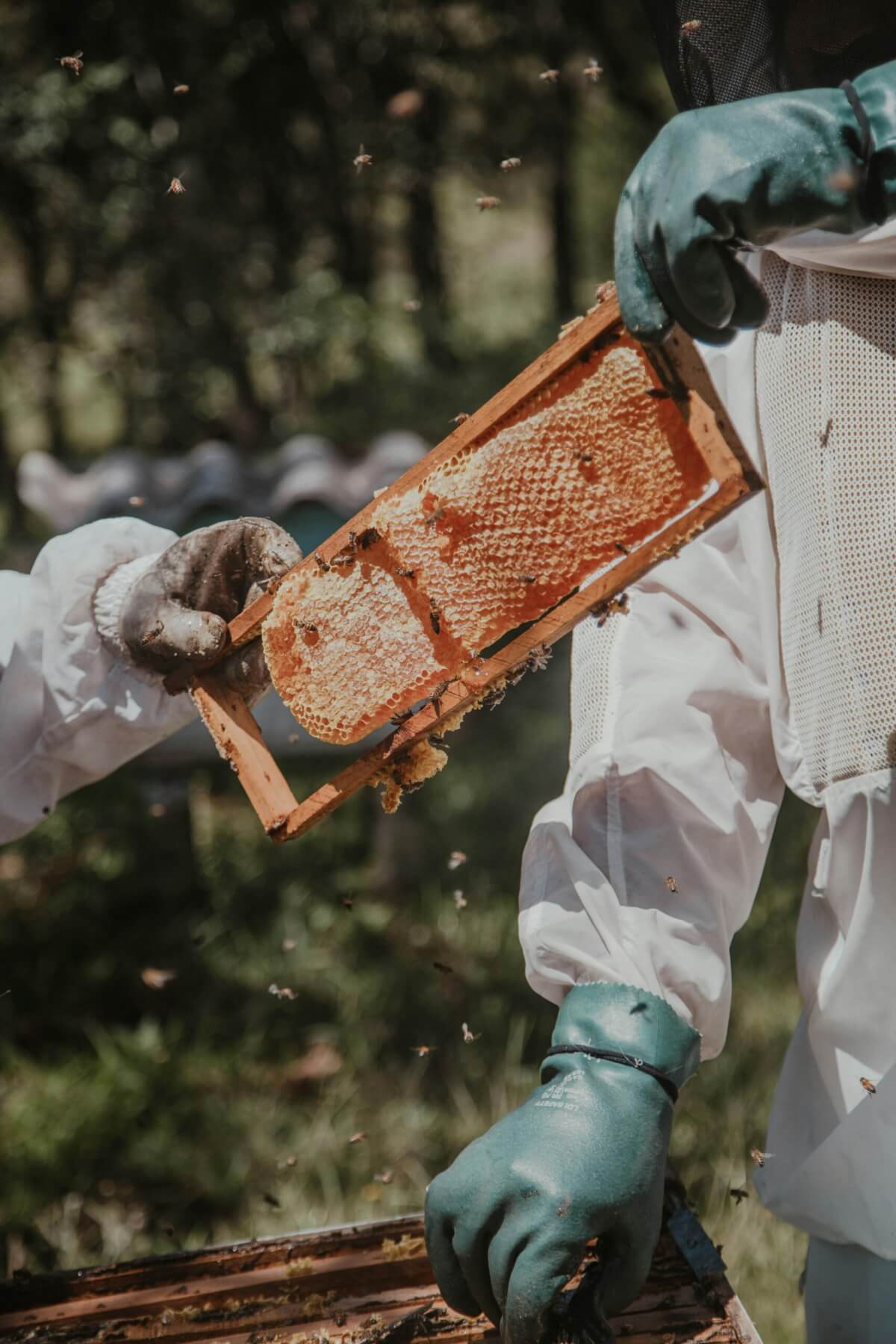When I previously wrote about the Environmental Protection Authority’s Annual Report on 1080 poison (The News January 25, 2024), I commented on an incident involving dead bees and stated that 1080 may be contaminating honey.
King Country News published a response headlined “Contaminated honey claim refuted.”

Clyde Graf
In the story Apiculture New Zealand Communications co-ordinator Karen Allan stated: “To the best of our knowledge, there is no evidence or record of 1080 contaminating honey in New Zealand.”
Considering the response from ApiNZ, it’s important to note that New Zealand doesn’t have an accredited method for testing 1080 poison in honey (OIA). Despite this, Landcare Research records show that 1080 poison residues have been detected in bees and honeycomb.
On 20 December 2002, a sample of honeycomb was received by Landcare Research, and was tested for 1080 poison (Ref T1837). The test result was positive. Two more samples of honeycomb were tested for 1080 in January 2003 (Ref T1843). Both samples were positive for 1080 poison.
Oddly, despite 1080 being detected in honeycomb in 2002 and 2003, no further tests for 1080 poison residues in honeycomb have been undertaken. (OIA)
Another poisonous bait widely distributed across New Zealand by hand and via bait station is Pindone, a first-generation anticoagulant toxin. It’s different in its killing process to 1080 poison, but similar in its cereal formulation. To wildlife, including bees, they’re both food.
Information provided by the Department of Conservation states that “Pindone residues were recorded in honeybees found alive and dead in bait stations containing Pindone Possum and Rat Pellets on the Ohau River, Twizel in August – September 2014 (VPRD 18622-18629). There was also evidence that they had been collecting bait to take back to their hives.” (OIA Ref 19-E-0439/docCM6022211)
On 31 October 2014, Research Priority Leader – Wildlife Ecology and Management Team (Landcare Research) wrote by email to DOC that “many of the bees in the samples were carrying bait as they would pollen.”
In November 2014, test samples made up of 157 bees, alive and dead, were tested for Pindone residues (Ref T5678). All returned a positive result.
On 12 November 2014, the same Landcare Research Leader, stated by email that “the first four, Lab Nos 18622-18625), were individual bees that had visible green pollen sacks (as in the photos I sent) and were selected at random – so this group of results reflects relatively high concentrations being carried by one bee, potentially going back to the hive.”
The author goes on to say, “The difference between the “sampled dead” and “sampled live” results does suggest that ingestion of pindone bait was contributing to bee mortality.” Correspondence from Landcare Research states it has not tested honeycomb for Pindone.
The biggest advocates of poisons like 1080 – the Department of Conservation, and TB Free – fund the research that supports their ongoing use. The company that imports 1080 poison and manufactures the bait (Orillion), is government-owned. Testing is undertaken by a Crown Research Institute. Perhaps it’s time for independent scrutiny when it comes to monitoring our food chain.
See: Looking at the impact of 1080

Honeycomb. Photo: Arthur Brognoli. pexels.com









